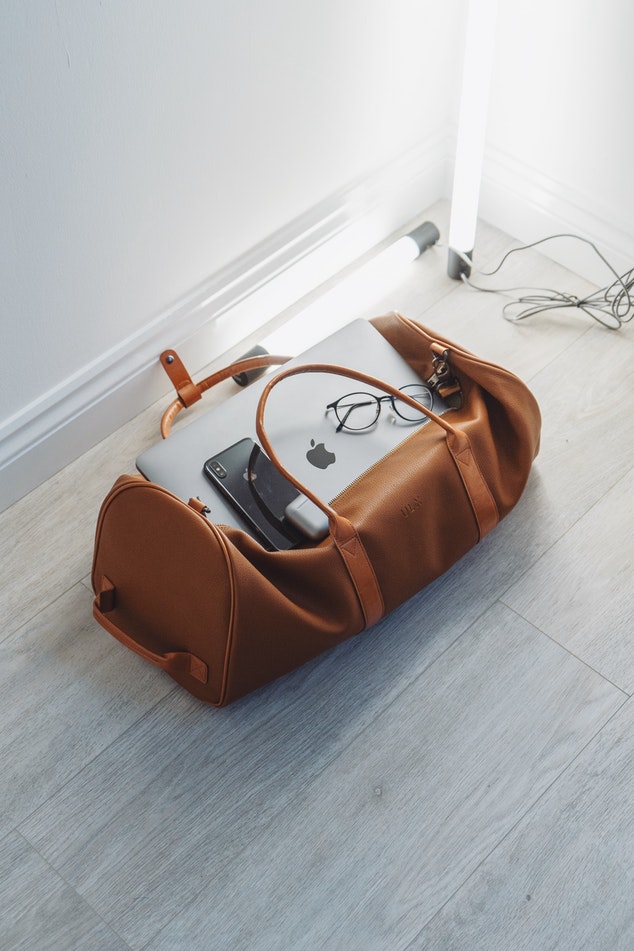Travelling internationally as a representative for your business is a nerve-racking thing. Still, the anxiety tends to lessen somewhat once further trips are taken, and some are actively working to make the ordeal less stressful for all. But what should you be doing on that fateful, first time adventure when you’re heading out abroad?
Consequently, here’s how to prepare for your first international business travel.
Double check essentials
Obviously, you’re going nowhere without things like your passport and boarding pass if you’re catching flights. If you have any medication, make certain you’ve packed it too. You should also double check your luggage, and check it’ll be allowed to travel past customs checks. Some nations have banned certain items, so you don’t want to have to dispose of things or be risk being detained. Double-checks are never an inconvenience and may make the difference between a great trip and a bad one!
Electronic flexibility
You may think you won’t need to take your own electronics, but you do. Don’t rely on computers and phones over at where you are. Take your own laptops, USBs and phones with you. For electronics, you’ll need an ac-dc power adapter to ensure you have a flexible supply of power over there too, and can charge things quickly. Stay online and connected, unless cabin crew on any flights say otherwise.
Develop an itinerary
You should never blag a business trip. While it might work for the odd meeting at home, improvising a broad could have serious consequences. With international travel, especially, you want to ensure you have reliable airport transportation as well as comfortable hotel accommodations. If you don’t have a clearly outlined plan, you could get lost in a new place, blow your chances with a client, and overall just waste your trip. It’s a pricey thing sending you out there, so do take it seriously and map out everything you’re going to do; times, places, the whole lot!
Distribute your itinerary
Don’t keep your plans to yourself! Inform your business of what you’re going to do, where you’ll be, and what your schedule is. That way, they’ll know when to contact you should anything come up, and you can better discuss what happened on your return. Perhaps let any family members know too for contacting reasons. In the end, it’s bad form to go completely dark on everyone – even temporarily!
Learn culture
Even if you’re undertaking a very brief visit, do try to learn the local customs and culture. It’ll show you’re a bit more in touch with the world, that you’re adaptable, and it may even impress the clients you’re visiting and reflect well on the company you’re representing. Perhaps keep up to date with their relevant news too, for small talk discussions. Ultimately, an extra effort is never a bad idea.
Learn (some) language
Of course, if the clients you’re visiting speak a foreign language, attempt to learn some of that too. Obviously, fluency isn’t necessary, but if you can say your hellos, goodbyes, thank you and some other basics, it’ll again land a positive impression. After all, the phrase ‘now you’re speaking my language!’ exists for a very good reason – you’ll be showing a degree of comradery in your visit, and you may also just make any meetings slightly less formal and assimilate a bit better with your clients!
